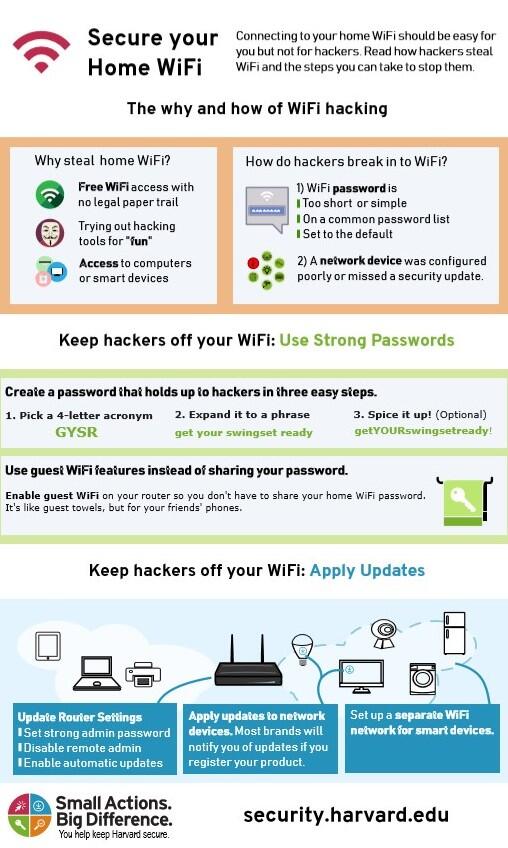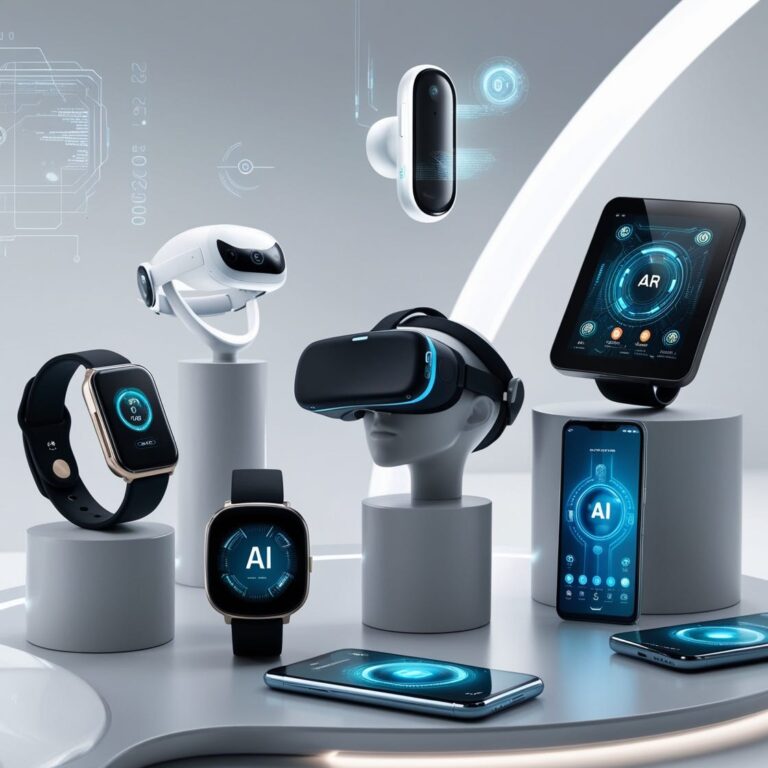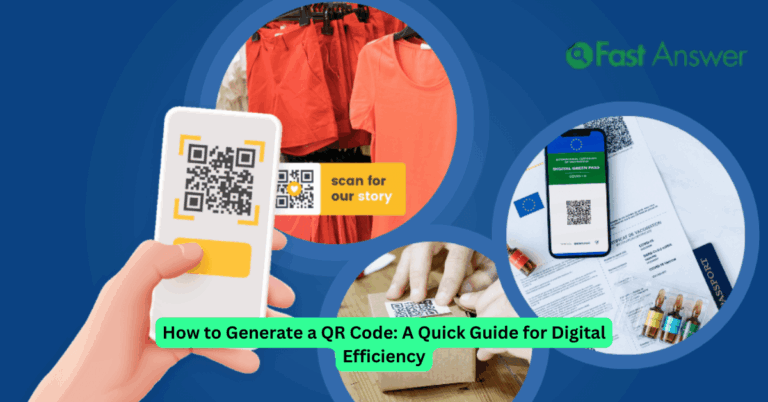The Impact of Artificial Intelligence on Daily Life: Quiet Revolution, Massive Change
Artificial intelligence is no longer a futuristic concept it’s part of your everyday reality. From the moment you unlock your phone with facial recognition to the curated content you scroll through on social media, AI is working behind the scenes to simplify, personalize, and enhance your day. As deep learning and automation continue to evolve, the influence of AI is growing far beyond convenience it’s shaping the way we live, work, shop, travel, and interact. If you’re curious about how AI is silently transforming modern life, this guide will give you a clear, engaging look at its real-world impact.
Smart Assistants Are Becoming Part of the Family
AI-powered virtual assistants like Siri, Alexa, and Google Assistant have moved from novelty to necessity in many households. They set reminders, manage smart home devices, answer questions, and even help kids with homework. These assistants use natural language processing and machine learning to become more responsive over time. As they learn your habits, they begin anticipating your needs turning off lights when you leave the house or suggesting the fastest route to work. This kind of invisible support not only saves time but makes daily life smoother and more connected.
AI Is Redefining How We Shop and Discover Products
E-commerce experiences today are powered heavily by artificial intelligence. Product recommendations, dynamic pricing, and predictive search are all AI-driven functions designed to improve the customer journey. When you browse Amazon or scroll through fashion apps, AI analyzes your behavior and preferences to suggest exactly what you’re likely to want next. Even customer support has evolved with the rise of AI chatbots that can handle questions instantly, 24/7. Whether you’re buying groceries online or choosing your next pair of shoes, AI is quietly streamlining your shopping decisions.
Healthcare Is Getting More Accurate and Personalized
AI is playing an increasingly important role in healthcare from diagnostics to treatment recommendations. Tools powered by deep learning can analyze medical images more accurately than human radiologists in some cases, catching diseases earlier and improving outcomes. Mobile health apps now monitor symptoms, medication schedules, and activity levels with real-time data collection. Wearable devices use AI to track sleep, heart rate, and stress patterns, offering actionable insights for users and physicians. As this technology becomes more integrated, healthcare is shifting toward proactive, personalized care powered by intelligent systems.
Transportation and Travel Are Becoming Safer and Smarter
AI is transforming how we move through the world, both locally and globally. Navigation apps like Google Maps use AI to analyze traffic in real time, rerouting drivers for faster commutes. Ride-sharing platforms like Uber rely on machine learning to match passengers and predict surge pricing. Autonomous vehicles, still in development, are using AI to interpret their surroundings, make decisions, and improve road safety. In air travel, airlines use AI to optimize fuel efficiency, plan routes, and manage customer service more effectively. Every step of your journey from booking to boarding is increasingly touched by intelligent algorithms.
AI Enhances Entertainment, Social Media, and Daily Decisions
Entertainment platforms like Netflix, Spotify, and YouTube use AI to recommend content based on your viewing history, preferences, and patterns. Social media feeds are driven by machine learning models that decide what content you see and when you see it. Even dating apps use AI to analyze your swipes and suggest matches. Beyond leisure, AI is being used in email filtering, calendar optimization, and voice-to-text tools that enhance productivity and communication. In short, it’s shaping your digital environment based on who you are and how you interact.
FAQs
Is AI already controlling too much of our daily routines?
AI supports rather than controls. It automates repetitive tasks and personalizes experiences, but humans still make the core decisions.
Can AI fully replace human jobs?
AI is changing job roles by automating certain tasks, but it also creates new opportunities in tech, data, and creative industries.
Is my personal data safe when using AI-powered apps?
Data safety depends on the platform. Always review privacy settings and choose services with transparent data policies.
How can I start using AI in my daily life?
Smart assistants, AI-driven health apps, and productivity tools are great starting points for integrating AI into everyday routines.
Is AI biased or neutral?
AI can reflect the biases in the data it’s trained on, which is why ethical development and diverse datasets are essential.



